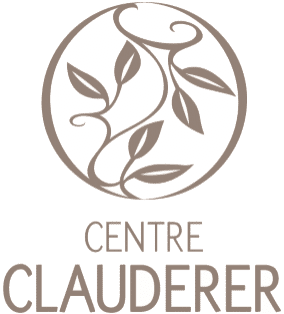No healthy hair without a healthy scalp! As obvious as it may seem, taking care of your scalp is still all too often the least of your worries. And yet it's essential. Like a garden, the scalp is the soil that encourages - or not - the growth of beautiful, vigorous plants. As such, you need to take care of it: make sure it's well aerated, free of weeds, not too dry or flooded, and provide it with regular fertiliser. An ecosystem in its own right, the scalp is a complex and fragile environment: the slightest imbalance has consequences for the skin flora and for healthy hair growth. Knowing your scalp well means giving it the dedicated care it needs to protect this delicate balance.
Find out from the Clauderer specialists why you need to look after your scalp if you want to keep your hair looking good and avoid excessive hair loss.
The scalp: why is the skin of the skull so special?
The skin of our skull has special features compared to that of our body and that of our face. These differences explain both the strengths and weaknesses of the scalp.
Although it is made up of the same layers (epidermis, dermis, hypodermis) as the rest of our skin, the scalp :
- is the thickest skin on our body: 8 mm v. 2 mm on average
- is the area with the most blood vessels and hair follicles, to which are attached the sebaceous glands that produce sebum
- has 80 % of the skin's water reserves
- has a unique microbiota
- is particularly rich in nerve connections, which is why it is so sensitive.
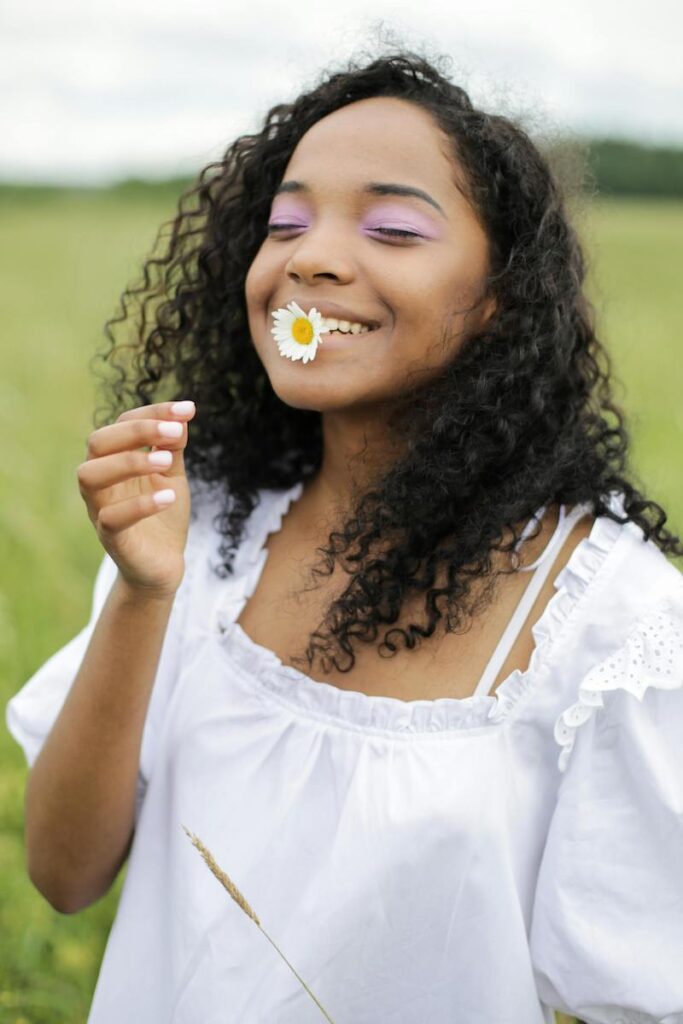
Maintaining a balanced scalp
What is the purpose of the scalp?
The role of the scalp is to protect the internal organs (the most precious of which is the brain) from external aggression by means of several interconnected mechanisms:
- temperature regulation (thermoregulation): hair, sebum, skin layer
- prevention of dehydration: hair, perspiration
- immunity: microbiota and pH (5.5) provide a protective barrier against the onslaught of bacteria, radiation and other micro-organisms
Of course, we shouldn't forget that the function of the scalp is also - and above all - to produce hair. In an ideal world, when the scalp is healthy, the hair is strong, supple and silky.
When the balance is upset
Like the skin on our body or face, the scalp is sensitive to aggression of all kinds, but its unique microbiota makes it prone to more specific ailments. The skin of the skull reacts quickly and a disorder in the scalp will inevitably have repercussions on the health of the hair. The two are linked: no beautiful hair without a healthy scalp.
The main factors in scalp imbalance :
- scalp diseases: autoimmune diseases such as psoriasis, disorderly development of the Malassezia yeast responsible for seborrhoeic dermatitis attacks, inflammatory disorders, etc.
- poor regulation of sebum production, causing oily or dry dandruff and an uncomfortable, irritated scalp that is either too oily or too dry and dehydrated
- environmental factors (excessive sunlight, pollution, etc.) which cause itching,dandruff, allergies
- unsuitable hair products and cosmetic treatments: sensitised scalp, prone to itching, redness or even burns
- certain medical treatments (chemotherapy)
- infections linked to invasions: lice, ringworm, etc.
These factors can be all the more cumulative as they depend on other factors: heredity, diet, lifestyle, environment, stress, etc., all of which combine and add up to create a unique scalp: yours.

Pollution, chemical colourings, the scalp is subjected to many external aggressions
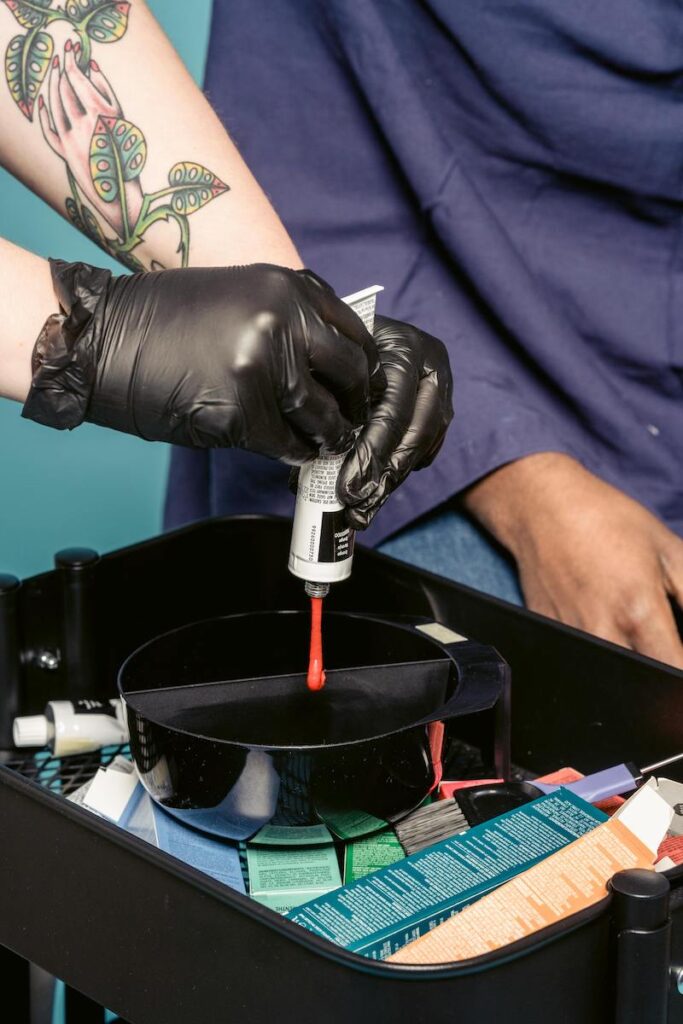
While some factors are intangible, others can be influenced to improve the condition of the scalp and stimulate the growth of strong, healthy hair.
How to restore or maintain a healthy scalp
The keys to a healthy scalp: the 3 Ps rule
- Purify
Pollution, too much sebum, dandruff, hair product residues, cellular and mineral waste (hard water) - all these impurities are dangerous for the scalp. As they accumulate, they form a deposit that suffocates the scalp and can eventually block the pores. The result: in addition to the unsightly appearance of an oily scalp and greasy hair, hair growth becomes more difficult, and itching and inflammation occur. When this becomes unbearable, we tend to scratch our scalp, pulling out a few hairs in the process. Conversely, a scalp that is too dry, dehydrated by too many aggressive, astringent hair care products (certain shampoos or lotions that treat the effects of dermatitis, for example), or simply because it is naturally very dry, will lead to other complications and just as much discomfort, such as irritated, tight or even burnt skin on the scalp. The solution? Gentle, natural soothing lotions (Laits Clauderer) that gently cleanse the skin. An emollient formula based on plant oils (wheat germ) will help to coat impurities so that they can be removed more easily during shampooing. A pause is mandatory to maximise the effects. Detox guaranteed! And it's gentler than a scrub, which can be too abrasive.

A healthy scalp means healthy hair!
Good to know: a massage to oxygenate the scalp, yes, but with the hands (the fingertips) and not with a tool like the derma-roller: its small pimples applied to the fragile skin of the skull are not recommended for scalps suffering from irritation, lesions or pimples.
- Protect
It's essential to do everything you can to protect your scalp from the elements. So, summer or winter, protect your head with a hat, a cap, etc. If you don't have much hair, remember to apply a sunblock to protect your scalp from the sun's rays, even in town.
A healthy scalp is one that is supple, elastic and free from imperfections (itching, redness and dandruff are among the most common symptoms of a sick scalp), so we focus on cleansing the roots and regulating seborrhoea to protect it from these problems.
Ensuring the scalp's pH balance prevents the development of the bacteria responsible for many inflammations.
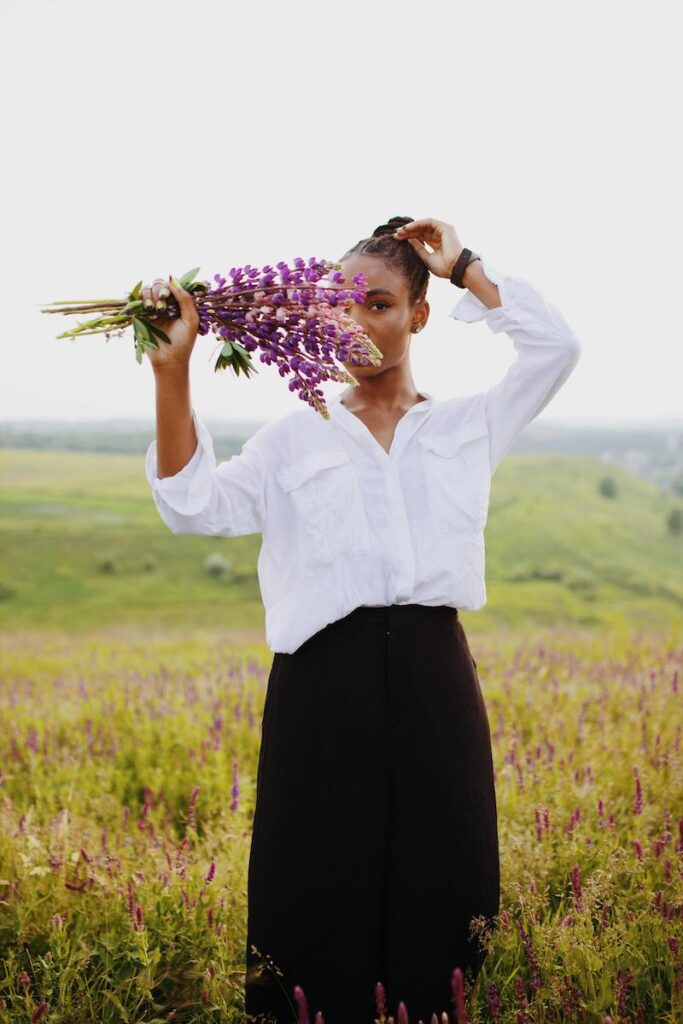
It's easy to look after your scalp!

Afro scalps are particularly sensitive to dehydration because they are naturally drier than average, so we wrap our hair in a silk scarf (an organic fibre that absorbs less of the hair fibre's natural moisture, limiting breakage and frizz) before going to bed.
- Specialised Products Choosing the right cleanser for your scalp is the first step to a successful hair routine. If you don't have any hair or skin problems, this may even be enough. This is the product you need to choose carefully to look after your scalp. Sensitive scalp, irritated scalp, scalp that's too oily or too dry, the shampoo has to respond to these problems. It should also combat dandruff and balance the pH. As a bonus, shampoo can add volume to thinning hair, nourish dry hair fibre (the role of a cream cleanser) or add shine and tone to dull, lifeless hair. On the other hand, forget about so-called "anti-hair loss" shampoos: to effectively treat hair loss, you need to penetrate to the heart of the hair follicle to stimulate it. Shampoos don't do this. In addition to shampooing, there's nothing like a hair routine using natural cosmetics that are adapted to both your scalp and your hair (damaged, weakened, delicate, dry, coloured hair). Choose fluid, nourishing and moisturising textures (milks, lotions), beneficial formulas based on vitamins, particularly those from the B group, plant oils such as wheat germ oil, sweet almond, argan or jojoba, and essential oils with numerous virtues (castor oil, rosemary, camphor or lavender). These repairing treatments are a real addition to your beauty routine.
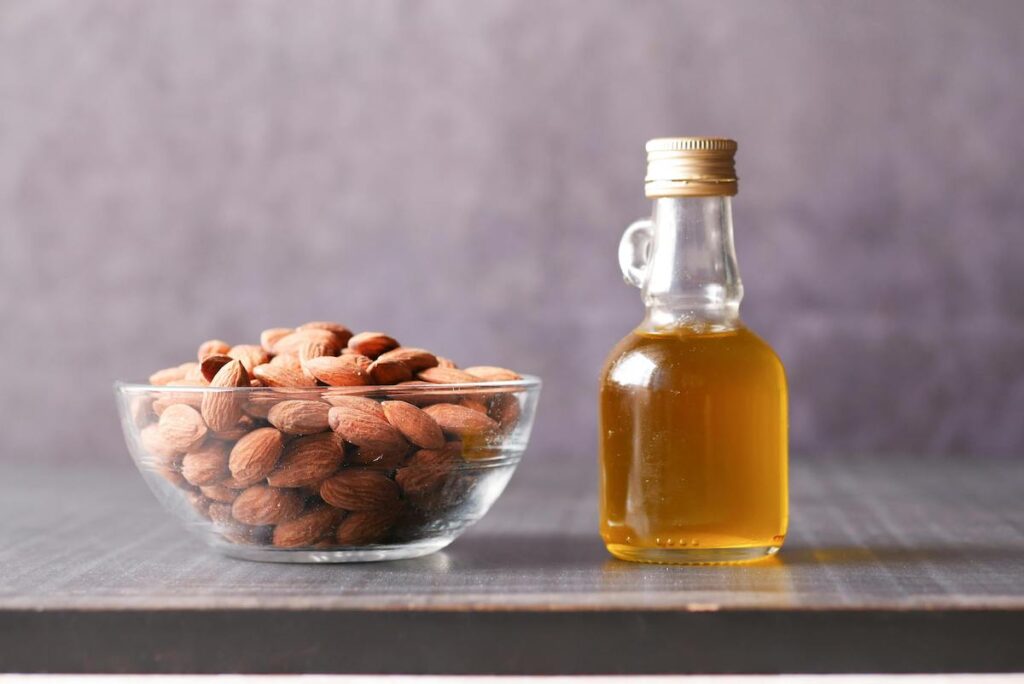
Nature is your best ally in caring for your scalp
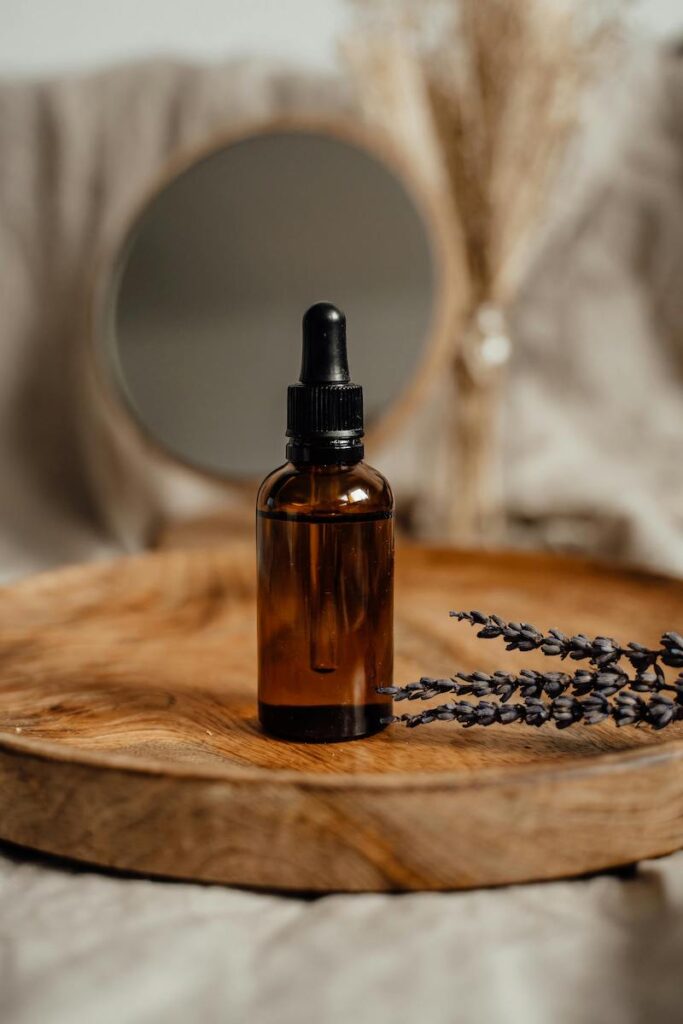
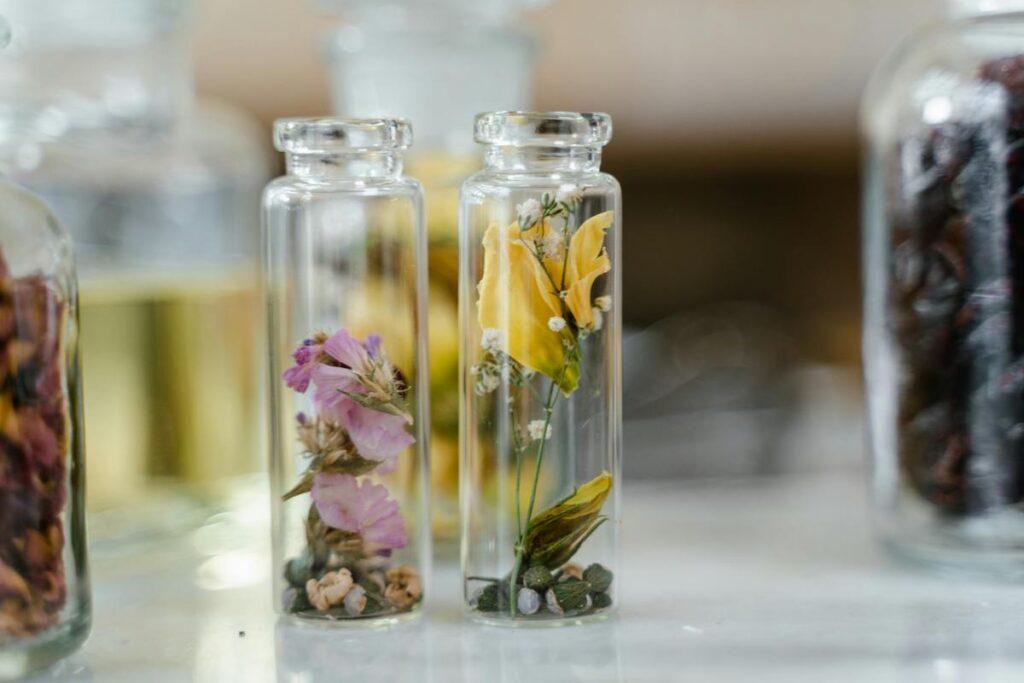
Thanks to our advice, taking care of your scalp has never been easier. So what could be better than giving your scalp a brand new routine to make it feel good? As part of a holistic approach to well-being, it's an essential first step to beautiful hair.
